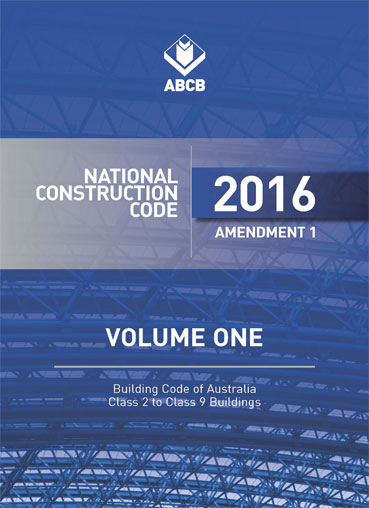Research
Download at https://ncc.abcb.gov.au
Download at https://ecbc2017.com/pdf/BEE_ECBC%202017.pdf
Standards and Codes BCA (NCC)
BCA (NCC) Section-J
NCC (previously BCA) Section-J is the mandatory requirement for minimum energy efficiency provisions for all residential and non-residential building in Australia. PC has been involved with the development, dissemination and review of the energy efficiency provisions. Team Catalyst has also provided the Commonwealth Government with BCA based analysis tools for future policy development. Team Catalyst have assisted a number of projects in compliance with the BCA provisions in an integrated manner.
In the period 2001-2006, PC Thomas and Peter Lyons served on numerous ABCB working groups in support of development of the minimum mandatory energy provisions of the BCA (now NCC) for commercial and residential buildings.
Team Catalyst was commissioned by the Commonwealth Government of Australia to develop a series of Benchmark Models for Section-J that can be used for policy development and testing stringency for future mandatory requirements. Five building forms (A,B,D,E and H) that were originally described by the Australian Building Codes Board (ABCB) were delivered to Department of Climate Change and Energy Efficiency (DCCEE) in a format that allow 330 configurations to be generated and simulated at will that comply with three vintages of the BCA Section-J, February 2011. In addition, an infinite number of configurations for user selectable internal loads are also possible. (RFT-0910-2504). This “Benchmark” model analysis was developed to allow testing of the current BCA (now NCC) stringency settings in a whole building context, and thus provide future directions for the BCA Section-J.
India has developed the Energy Conservation Building Code (ECBC), which was championed by the Bureau of Energy Efficiency, 2007. The ECBC has compliance methods similar to the DTS and JV3 methods of the BCA Section-J. Since this is India’s first foray at an energy efficiency code for buildings, there was a need for a explanatory guide document. Team Catalyst was part of a team of authors, working with USAID funding, that have developed a comprehensive user guide for the ECBC ISBN 978-81-909025-3-3. Our contributions were substantially in the chapters relating to HVAC Systems and the Whole Building Performance Method.
While working with Arup, PC Thomas and Steve Moller (formerly CSIRO) produced the publication “HVAC System Size – Getting it Right”, ISBN 978-0-9803503-8-8. It is available online at http://www.construction-innovation.info/images/HVAC_system_size.pdf. The report concluded that HVAC systems in large commercial buildings have the risk of being significantly oversized with resultant underutilised assets and financial capital.
Apartment Ratings
A proposal to rate apartment performance differently:
Nabers
In December 2007, Team Catalyst and E3 International reported on a “Peak Demand Performance Rating Methodology and Standard for Commercial Office Buildings” for the South Australian Government, DTEI, Energy Division. Currently there are few, if any, such systems that seek to rate the maximum demand performance of a building. The study directly addresses the energy generation supply and demand conundrum in the electricity market
Department of the Environment and Energy
Developed Australia’s first HVAC on line rating tool ‘Calculating Cool’.http://www.calculatingcool.com.au/
Training
The University of Sydney
We also regularly publish papers and present at technical forums and seminars.
CBD/NABERS Accreditation Training
Team Catalyst also assists the Department of the Energy & Environment in delivering the Commercial Building Disclosure (CBD) accreditation face to face training comprising of the Tenancy Lighting Assessment module.
CONTACT
Sydney





